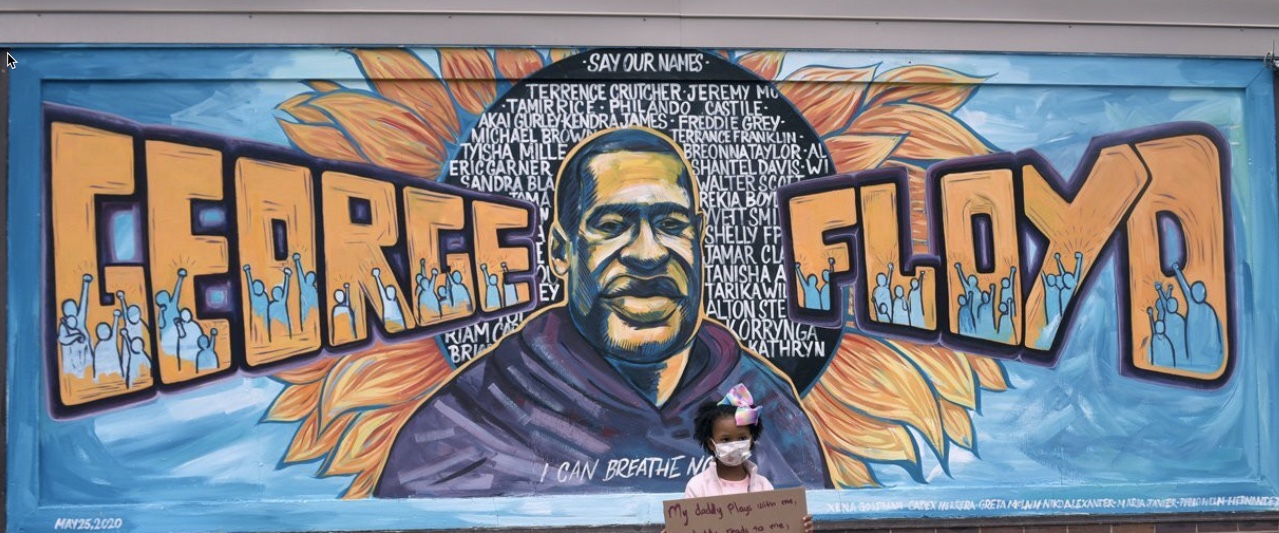A small Minneapolis bail fund has received millions of dollars in funding from people after the killing of George Floyd, a black man who died on Memorial Day after a white police officer pinned him to the ground with his knee.
Since Wednesday, the Minnesota Freedom Fund, founded in 2016, has received tens of thousands of donations from around the world, said Octavia Smith, the fund’s emeritus board president, many of them stemming from social media. Users posted screen shots of their donations after making them and implored their followers to match their contributions.
Within four days, the fund had raised about $20 million, Ms. Smith said.
“Everyone around the world is ready for justice,” Tonja Honsey, the executive director of the fund, said on Friday. “They’re ready for real change, and they’re supporting that.”
Bail funds are independent charitable organizations that collect money to release those who have been jailed before trials. People who are arrested and charged are often assessed a fee that they have to pay in order to await trial freely.
Bail can cost thousands — even millions — of dollars, and disproportionately affects poor people, who are effectively jailed because they do not have enough money to pay for their freedom. Having those fees paid allows people to resume their lives until their cases’ outcomes are determined.
Such funds have existed in some form for hundreds of years, said Pilar Weiss, the director of the Community Justice Exchange, which runs a directory of bail funds around the country called the National Bail Fund Network.
After years of Black Lives Matter protests, many people have become more accustomed to seeking them out when looking to support protesters. This weekend, as protests took place in at least 140 cities across the United States, calls promoting local bail funds spread on social media.




